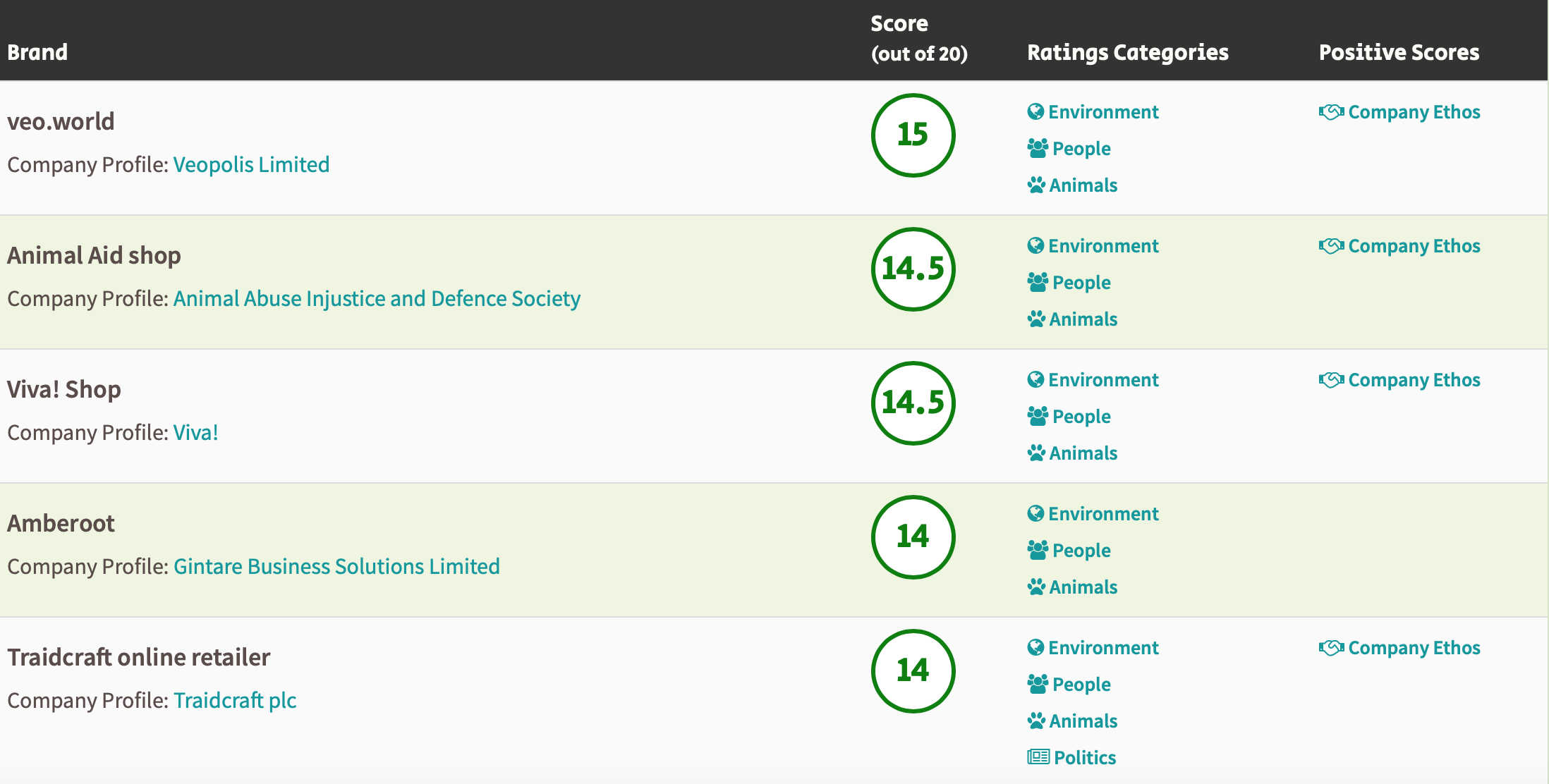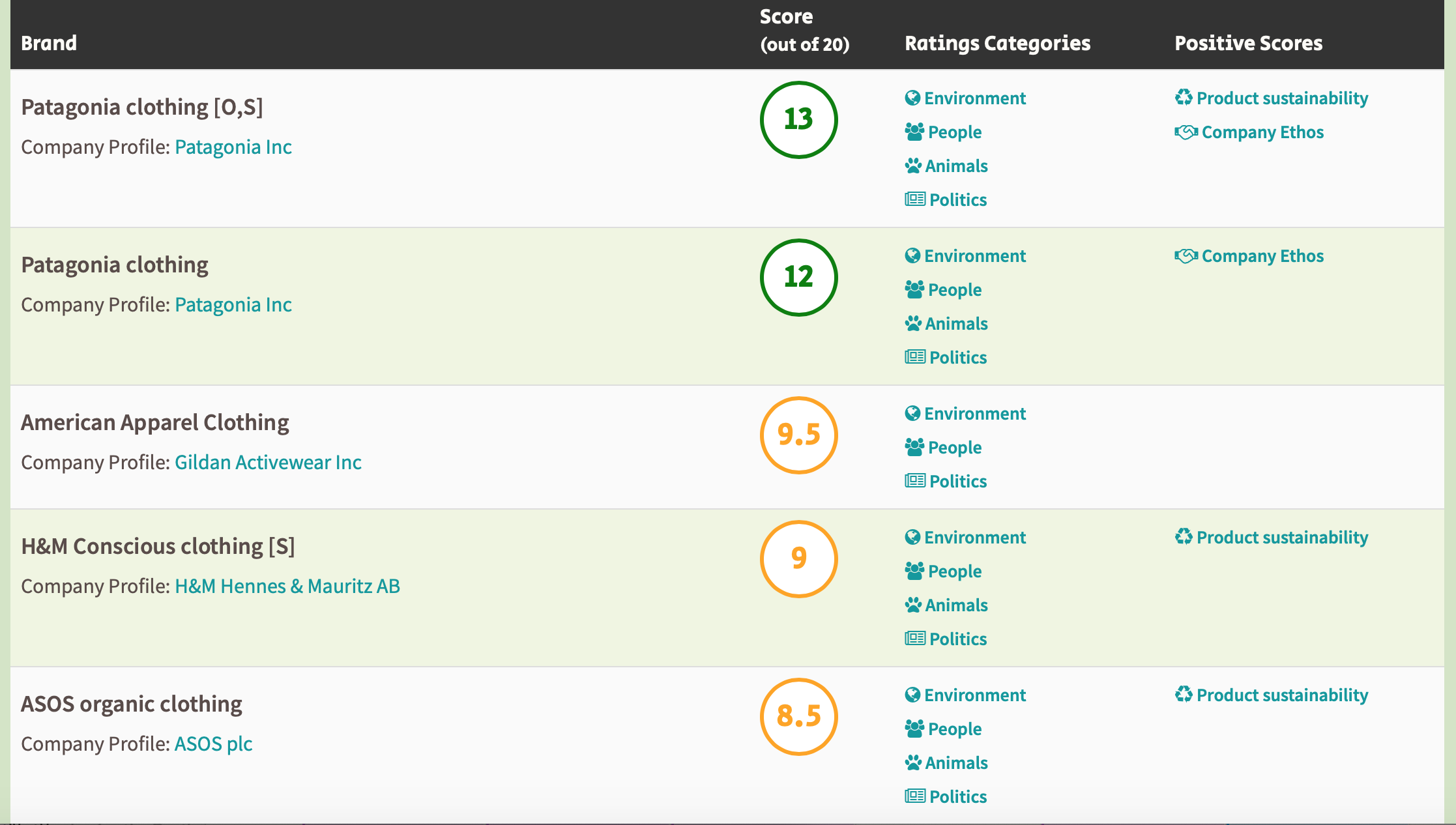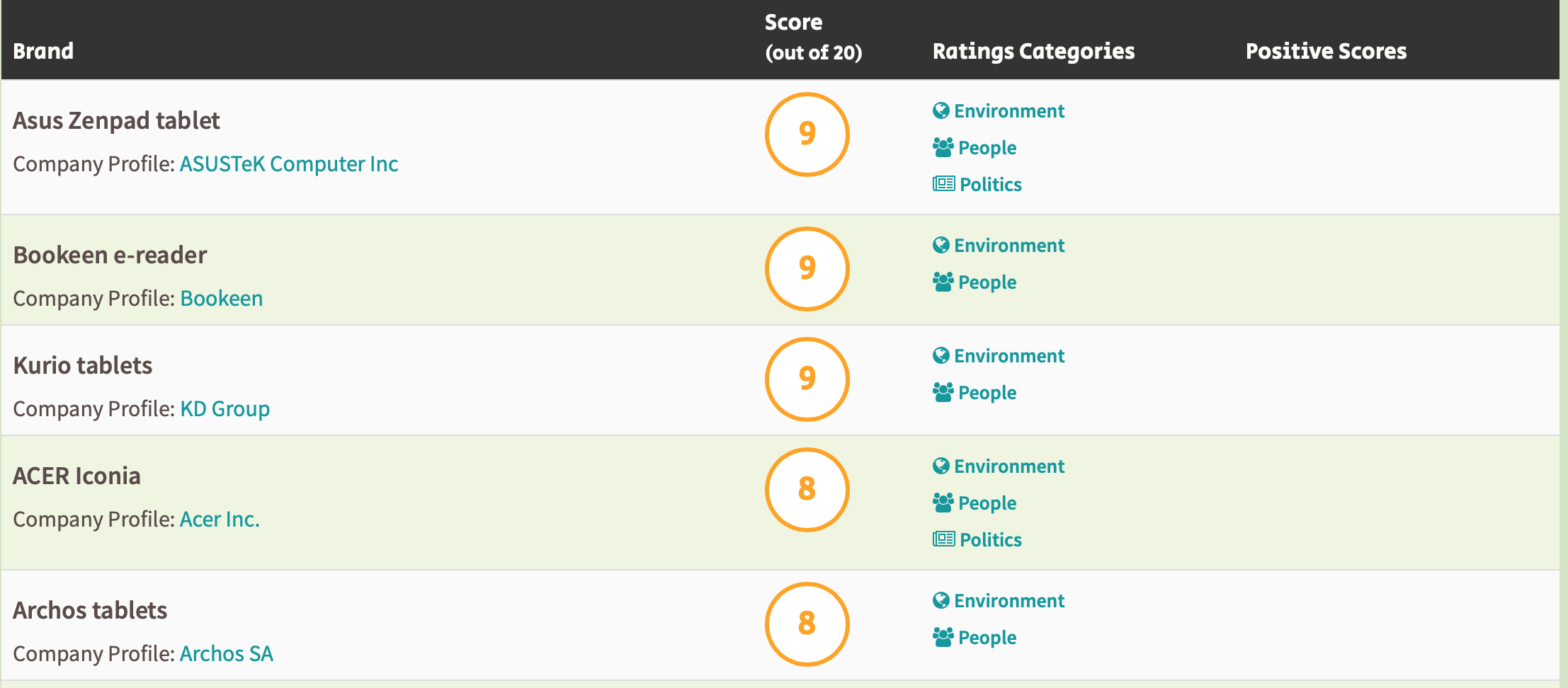He knows if you've been bad or good... Given that, here's a good list of non-Amazon retailers for Xmas
From Adbusters
[UPDATE: Try Open Democracy’s “five ways to make your Christmas truly meaningful”]
Somewhat putting aside whether we should be linking an end-of-year celebration with an increase in consumerism… But if you do acknowledge the gift-giving frenzy of Xmas… then how do we do it in a way that doesn’t make us feel soiled and empty at the end of it?
One way might be to actively boycott Amazon as the obvious and easy option, and patronise more ethically credible outlets instead.
In an amazingly useful article, the long-standing advocacy magazine Ethical Consumer gives you a few hit lists on how to shop without benefitting Bezos in the process:
One of ways to buy books without going to Amazon (the link gives you access to the full rating but the top five are World of Books (print), Oxfam (print), NearSt (print), ebooks.com (eBooks), WH Smith (audiobooks) Also recommended: Better World Books, Guardian Bookshop and Hive.
The last three categories are behind the EC paywall, but we took out a subscription (we recommend you do, too!) and will paste the top five of their recommendations in the gallery below (the scores are out of 20).



The magazine also provides a very clear rationale as to why all these options should amount to a boycott on Amazon:
We began our boycott campaign against Amazon in December 2012. The call was made as part of our wider campaign to tackle tax avoidance, which also included work on procurement and a fledgeling version of what would become the Fair Tax Mark.
At that time, the issue of tax avoidance was only just starting to filter into the public consciousness. But work from Richard Murphy, MP Margaret Hodge, the Tax Justice Network, Action Aid, Ethical Consumer and others helped propel the issue up the media agenda and into the mainstream. Now, tax avoidance has become the public’s number one corporate responsibility concern, consistently polling above issues traditionally provoking the public’s ire, like fat cat pay and equality.
Sadly, despite the public backlash, little has changed at Amazon over this period. In 2017, Amazon paid less tax in the UK than it did the previous year despite bumper profits. This comes just one year after promises to stop routing UK sales through their European holding company in Luxembourg. Either this hasn’t happened, or their accountants have found new ways to avoid tax. It seems HMRC will not be getting a bean more than Amazon wish to pay them anytime soon.
There have been various government-backed conferences on tax and some minor changes to legislation, notably around beneficial ownership and the way sales tax is collected in regard to Jersey and other British protectorates, but the facts speak for themselves.
Around the globe, it is a similar story. In the US, almost all states now collect sales taxes from consumers despite Amazon’s best efforts to avoid them, and Germany is bringing in new laws on the same issue. However, the task of strengthening corporation tax rules remains incomplete the world over.
While its flagrant tax avoidance is, in part, responsible for its seemingly inexorable rise, one can’t help but feel that our collective lack of digital literacy is also to blame. Alarm bells would have been ringing much earlier than 2012 if 50% of the shops on our high streets carried the black and orange Amazon branding, or if half the stores in your local shopping centre were owned by Amazon.
Its gathering power and influence would have been altogether more obvious if it dominated our physical geography rather than just the first page of our Google searches.
So, as well as our boycott, we have now added a clause to our manifesto that is asking governments to tackle the problem in a far more direct way. We are asking that technology monopolies be broken up and given over to democratic ownership.
From here it looks like a lofty ambition, but there are lessons from history with US oil companies at the turn of the last century, and it is also grounded in recent discussions around democratic ownership generally.
Amazon’s dominance is not just in consumer product sales. It has also seen strong growth in Amazon Web Services, its cloud computing services, which are used by organisations as varied as Netflix and the Guardian.
A second demand from our manifesto asks that government and local councils take tax avoidance into account when awarding contracts and making purchasing decisions.
This could affect Amazon Web Services, which are currently used by some government agencies like Companies House. The Amazon Business Account is also used by some large public institutions to make everyday office purchases.
With the Amazon boycott campaign entering its 8th year, it’s vital that we try and use as many levers as possible in our efforts to tackle Amazon’s tax avoidance, and we hope that you’ll share our alternatives guides to help friends and family avoid the behemoth over the coming Christmas period.
More here. Ethical Consumer’s criteria for scoring these companies is very clear, transparent and legitimated over many decades - see here and their FAQ

